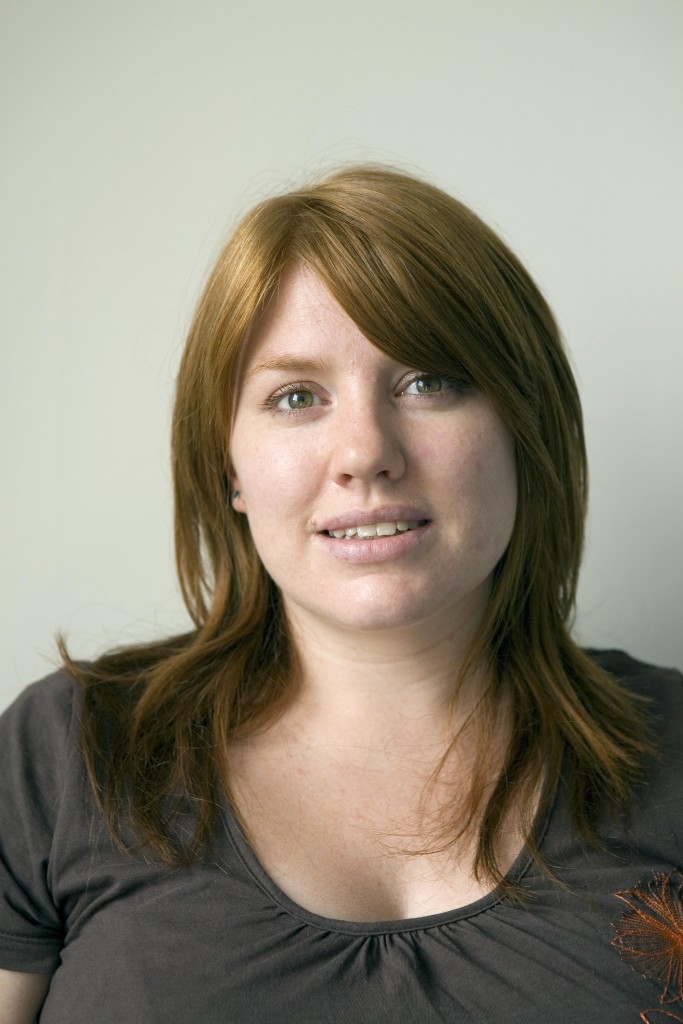Kent reproductive law expert Dr Kirsty Horsey says the ‘law regarding surrogacy is inadequate and outdated’ following a case in which a woman acted as a surrogate for her own son’s IVF baby.
Dr Horsey comments on the shortcomings of the Human Fertilisation and Embryology (HFE) Act in light of the case of single father Kyle Casson, whose mother, Anne-Marie Casson, carried his baby. Kyle was subsequently required to make an application to adopt his own son.
In a post published by BioNews , ‘A surrogacy conundrum that didn’t need to be’, Dr Horsey says: ‘As the HFE Act makes literally no provision for a single person to become a parent of a child born via surrogacy via a parental order (a court order that transfers legal parenthood post-birth, but only when certain conditions are met – coupledom being one of them), Kyle had to apply to adopt his own son. Even though Anne-Marie Casson and her husband saw themselves as grandparents, they were in fact the indisputable parents of the baby in law.
‘And again the story doesn’t stop there. While it is entirely legally possible for a single person to adopt a child, difficulties arise when that child was not yet born when the adoption was considered. This was complicated by the fact the child was in fact born through surrogacy, as the parenthood provisions of the HFE Act 2008 rendered Kyle a non-parent and the surrogacy itself when seen in that light looked like an arranged adoption, which is a criminal offence for all parties to the arrangement. The only way around this was if Kyle was a ‘relative’ of the child – and as the brother this meant he was able to adopt (this is also why he couldn’t have asked a female friend to be his surrogate). Having worked around all this, Mrs Justice Theis DBE, in making the adoption order, was satisfied (as she had to be) that the child’s ‘lifelong welfare needs’ were met by the order being granted (3).
‘This case highlights the fact that the law regarding surrogacy is inadequate and outdated. Though the legislation was rewritten in 2008, the public consultations that led to the reforms barely asked about surrogacy (4). In the small section dedicated to it, respondents were asked whether the right to obtain a parental order should be extended from married couples to those in civil partnerships or enduring relationships, but it was always unlikely that this change would not have been made, given changes to adoption law and the move to legislate for civil partnerships in the first place. Claims of discrimination would have been rife. But seemingly no-one gave a thought to those who wanted (or ended up having) to go it alone. It is unclear why this barrier is in place.’
Read the article in full on the BioNews website.
Dr Horsey, a Senior Law Lecturer at Kent Law School, has research expertise in the regulation of human reproduction and genetic technologies. She has recently secured funding to investigate surrogacy law in practice.
Dr Horsey’s latest book, Revisiting the Regulation of Human Fertilisation and Embryology, is due for publication by Routledge in June.
For more details of Dr Horsey’s research interests and publications, visit her staff profile page.

